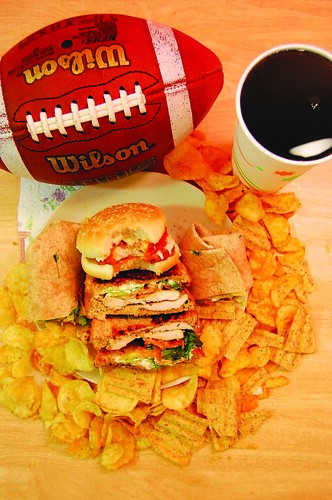Last spring, tight end Vaughn Charlton put on the pounds to switch to his current position.

To most people, gaining 47 pounds would be a nightmare. For the football team’s senior tight end Vaughn Charlton, it was an accomplishment.
Charlton weighed 205 pounds during his senior year of high school. After he started three games as a freshman quarterback, Charlton would put approximately 30 more pounds and 13 starts underneath his belt before switching to tight end the spring before his senior season. The position change, which was Charlton’s idea, required the product of Avon Grove, Pa., to pack on even more weight to successfully play his new position.
Despite weighing in at 235 pounds at the end of his junior season, Charlton would need to add 15 pounds as quickly as possible simply to be an average-sized tight end. He ended up gaining 17.
To do this, Charlton relied on a tried and true method – eating a ridiculously large amount of food.
“You have to eat until you feel uncomfortable every meal,” Charlton said. “You eat whatever is put in front of you.”
But the Temple athletic training staff seems to make it a little more complicated than that.
All Temple student-athletes, not just football players, have access to a program called Vitabot. Athletes put their favorite foods into Vitabot, along with their athletic goals, such as maintaining weight, gaining weight or reducing fat levels. With that information, Vitabot helps customize meal plans for the athletes to better fit each individual’s needs.
At the end of the day, athletes using the program inform Vitabot what they ate that day and, based on their caloric intake, receive a letter grade, which reflects whether the appropriate level of daily vitamins were obtained.
“If you want to gain a healthy weight and gain body mass, you want to eat a lot of carbohydrates and protein,” Charlton said.
“We make sure that while athletes are working out, we get that protein in their systems so their muscles can grow,” said Travis McCormack, an assistant athletic trainer. “A lot of what we do in the weight-gaining process is a natural gain. We’re not going to force weight upon a guy by having them eat whatever and get them [up in weight] quickly. We’re trying to do it in a healthy fashion.”
In addition to taking in extra calories and protein, Charlton spent more time in the team’s weight facility throughout his weight-gaining process. Directly after he finished his normal workouts, Charlton would complete an extra half-hour workout.
But Charlton’s progress didn’t come without bumps in the road. After he gained the weight, Charlton had difficulty adjusting to his new body shape. Four weeks into training camp, he collapsed during a practice.
“In camp, my body wasn’t fully adjusted, and the fourth day in, I had a heat stroke,” Charlton said. “My body temperature got up to 106 degrees. After a heat stroke, you have concussion-like symptoms for a while. My brain was mush. People would talk to me, and I wouldn’t understand what they were saying.”
While Charlton said he believes his heat stroke was probably a result of his weight gain, McCormack said it is likely he would have suffered the setback even if he hadn’t packed on the extra pounds.
“A heat stroke is caused by a loss of fluids in the body,” McCormack said. “Adding weight to yourself is going to change it some, but it won’t have a huge, substantial impact.”
One way the training staff can help prevent incidents like Charlton’s is through the use of a weight chart. Every player must weigh in before and after every practice. After players return from class or lunch, if they do not weigh in at a level close to the weight they were at before losing the fluids, they are barred from future practices until they return to their original weight, McCormack said.
“There are situations where players will lose excessive amounts of weight due to fluid loss, and if they don’t regain a certain amount of the weight that they’ve loss, they’re going to be held from practice,” McCormack said.
“We’re not going to put them into a dangerous situation,” McCormack added. “If a player loses a couple of pounds in practice, goes and has lunch and comes back, and they’ve gained that weight back, then that means they’re going about things the healthy way.”
Charlton’s work has paid off on the gridiron. The former signal-caller recorded his first career start at tight end in the Owls’ victory over Connecticut. Charlton’s two catches also tied for the second-most in the win over Central Michigan. Despite Charlton’s weight gain and results on the playing field, he must still regularly deal with the changes in his body.
“Getting used to doing everyday things is a task in itself,” Charlton said. “It’s like going through life with a weight vest on. It’s definitely something to get used to.”
Kyle Gauss can be reached at kyle.gauss@temple.edu.



Be the first to comment